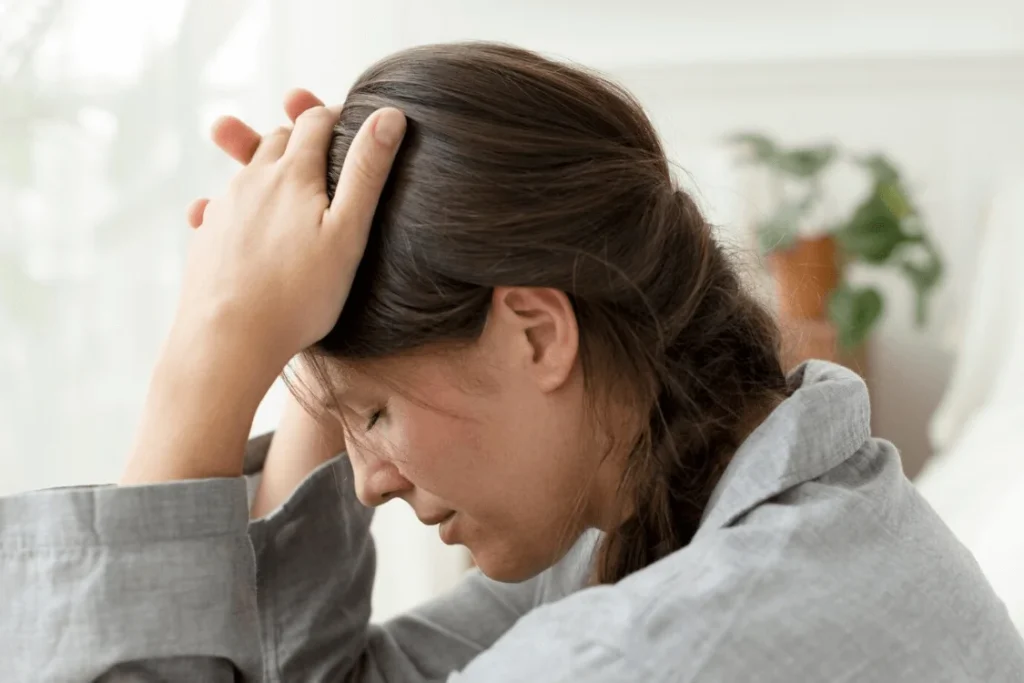
Signs of Cocaine Overdose
Cocaine addiction is a serious problem across the United States, and the percentage of overdose deaths related to cocaine is increasing.
However, the effects of cocaine are pleasurable enough that, for some, the risk of overdose is not enough to deter their use. Overdose deaths from stimulants such as cocaine are a major problem, according to the National Institute on Drug Abuse.
But what are the signs of a cocaine overdose? And what can a person do in case someone overdoses on cocaine in their presence?
Signs & Symptoms of Cocaine Overdose
The signs and symptoms of a cocaine overdose can include physical symptoms such as hyperthermia or increased body temperature, nausea, rapid heartbeat, high blood pressure, tremors, and chest pain.
There are also psychological cocaine overdose symptoms that include hallucinations, psychosis, severe anxiety, mood swings, and restlessness.
How Much Cocaine Does it Take to Overdose?
The amount of cocaine that it takes to cause an overdose can vary from one person to another. A healthy person may need to take more than someone whose health is compromised to trigger an overdose. This is because metabolism is a major factor in how well the body can handle cocaine and other drugs.
Another variable that can factor into a drug overdose is a person’s history of taking cocaine. People who have a long history of using cocaine will have developed a tolerance, so they’ll generally be able to handle more than those who don’t use it frequently.
Can You Accidentally Overdose on Cocaine?
The truth is that most people who use cocaine do not set out to overdose. Most instances of cocaine overdose are likely accidental. Barring suicidal ideation, people who engage in cocaine use do so because they like the high that comes with it, not because they want to overdose on it.
What to Do if Someone is Overdosing on Cocaine
The first and most important thing to do when a person overdoses on cocaine is to remain calm. Panicking is not going to help the situation in any way. When a person overdoses on cocaine, the best thing to do is to contact emergency services.
Make sure that the person is still breathing and has a pulse. If they have a seizure, which can sometimes happen with an overdose, then it’s best to keep someone in an area where they are safe and not likely to hurt themselves. Hide away any sharp objects to minimize the risk of an accident.
You may also want to lay them on their side in case they start vomiting. This can prevent them from choking. It is best to remain on the call with the emergency operator throughout all of this.
Do not leave the person who is overdosing alone. Make sure to stay with them until paramedics arrive. If you know about any other drugs they may have taken or their history of substance use, then let the paramedics know. This is especially true if they may have taken opioids in addition to cocaine, as emergency responders typically carry Narcan.
Try to remember as much information as you can about the preceding events, especially when you first noticed the signs of cocaine overdose. This can help medical personnel establish a timeline.
What Causes a Cocaine Overdose?
Numerous things can cause a person to overdose. One is mixing cocaine with other substances. Depending on the substance it’s mixed with, there can be interactions that may trigger an overdose.
Another is tolerance. As previously mentioned, those with a history of cocaine use develop a tolerance for the drug. Unfortunately, this tolerance blunts the effects of the drug. This can lead to someone taking more of the drug to get the high that they want. However, this greatly increases the risk of an overdose.
In some cases, a cocaine overdose may be triggered by the purity or quality of the cocaine itself. Purer cocaine will be more likely to cause a person to overdose than cocaine that is less pure.
But the biggest factor that can cause a cocaine overdose is taking too much cocaine. This is something that happens when a person becomes addicted to cocaine.

Addressing Cocaine Addiction
Cocaine overdoses are caused by heavy use of the drug. So, to prevent this from happening, cocaine addiction treatment is necessary. Cocaine is a powerful drug, and it is an incredibly addictive one. As such, many people who are addicted to it aren’t going to stop, even if they suffer an overdose.
Treatment begins with detox. This is the part where a person purges their body of cocaine and other drugs. In effect, they get clean. But just because treatment begins with detox doesn’t mean it ends there. Getting clean is only part of the journey. Staying clean is the other.
To help a person stay sober, treatment options include behavioral therapies such as cognitive behavior therapy and dialectical behavior therapy.
These therapies can help someone understand the beliefs and thought patterns that can contribute to substance use that can lead to a cocaine overdose. They can also help people learn how to control strong emotions better and manage distress so they don’t turn to cocaine use.
Trauma therapies can also be used as some people may use cocaine to cope with a traumatic event that happened to them in the past. These therapies can help them deal with this trauma, help them stop using drugs, and decrease the risk that they’ll suffer a cocaine overdose.
Stop Cocaine Use and Avoid Overdose
Cocaine addiction is a serious condition, and an overdose is one of its deadliest consequences. However, it is only one of the consequences of their addiction, and there are numerous ways in which it can affect a person’s life without ending it.
At Twilight Recovery, our treatment for cocaine addiction can help you from getting to the point where you begin displaying the signs of cocaine overdose and help you live a life free from addiction.

